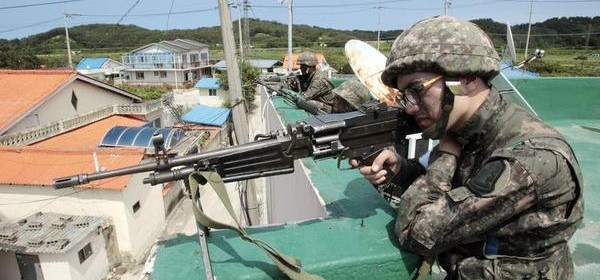Military Hazing In South Korea

Most horrifying of all, the only commissioned officer in the unit—a sergeant who, like Yun, was just 23—“joined in the abuse rather than trying to stop it” and ordered the rest to lie and cover up the death. The army’s chief of staff has resigned, but he is not the only one who should be replaced. The entire military culture must change. military hazing In South Korea must be put to an end. Parents are terrified, said Jeon Ick-jin in the JoongAng Daily.
The problem affects nearly every family in the country, as all men over 20 must serve two years in the military. In the weeks since the photos of Yun’s battered corpse were made public, mothers and fathers have flocked to military bases to visit their kids and search “for any sign of physical abuse on their sons’ bodies.” It’s time for civilian oversight, said the JoongAng Daily. Conscripts come in soft, and the military ethos holds that they must be toughened up. Military authorities condone the military hazing In South Korea “in the name of discipline,” so they can’t be trusted to change the system. Instead, South Korea should follow Germany and appoint a civilian ombudsman who is mandated to interview soldiers and their families and ensure the military upholds soldiers’ human rights. That’s a tall order, given that respect for human rights is lacking throughout Korean society, said Kim Tong-hyung in The Korea Times. In schools, “oppressive and violent teachers” terrorize students. Reports showed, one teacher sprayed a whole can of insect repellent in the face of a student who dared to leave his seat, while another forced a student to stand up and sit down 800 times—causing a torn muscle and organ damage-— as punishment for late homework.
In the workplace, “verbal abuse and violence” are common, and senior employees routinely sneer at and slap younger colleagues “for not adjusting to the office rules fast enough.” Hazing in the military, our most rigid and hierarchical institution, is just the logical extension of a nationwide culture of bullying.

 Print
Print